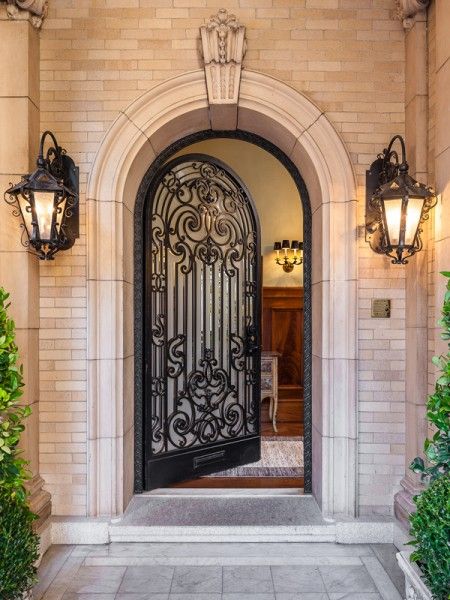FWP:
For background see S. R. Faruqi's choices. This verse is NOT one of his choices; I thought it was interesting and have added it myself. For more on Ghalib's unpublished verses, see the discussion in {4,8x}.
Asad is not 'without a heart', although all the commentators flatly say that he is. Rather, what he doesn't have is something more complex: the navaa of the heart-- which can range from a 'voice' or 'song', to 'wealth' or 'opulence' (see the definition above). So it's possible that he might have a heart, but one that is somehow dysfunctional, or non-functional.
In any case, he might well see himself as a 'reflection' of an earlier poet named 'Heart-less'. And since we know that the young Ghalib had an extravagant admiration for Bedil (on this see {8,5x}), he might well imagine prostrating himself at the doorsill of Bedil's house, so that the polished marble doorsill-stone might almost act as a (metaphorical) mirror for him.
Note for translation fans: On the translation problem posed by be-dil , see {8,2}.

Asi:
Asad has no heart, although the heart alone is always a workshop of thought/imagination. For us, the doorsill of Bedil has become a mirror-- and that very thing is our heart, the source of our thought/imagination. Only on the style of Bedil is our thought/imagination of poetry based, and that very doorsill-stone is Asad's mirror.
== Asi, p. 204